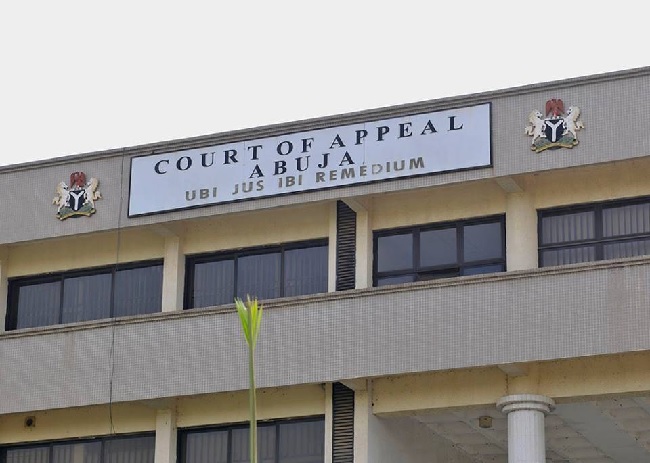The Court of Appeal in Abuja has overturned the ban on three prominent chieftains of the People’s Democratic Party (PDP) from attending the party’s National Executive Committee meetings. The decision, delivered on Friday, nullified the orders of the Federal High Court, which had barred former PDP National Chairman Uche Secondus, former Rivers State Governor Celestine Omehia, and former Deputy Speaker of the House of Representatives Austin Opara from participating in the meetings.
The appellate court’s unanimous decision upheld the autonomy of political parties in managing their internal affairs, ruling that the trial court had overstepped its bounds by interfering in the PDP’s decision on who attends its meetings. The court held that the decision on attendance is an internal matter for the party, and not for the court to decide.
It is worth noting that this ruling is a significant victory for the PDP and its leadership, as it reinforces the party’s right to self-governance and independence from judicial interference. The court’s decision also sets a precedent for political parties in Nigeria, emphasizing their autonomy in managing their internal affairs.
The initial ban was imposed by Justice Inyang Ekwo of the Federal High Court, who had ruled in favor of a suit filed by a group of PDP members. However, the appellate court’s decision has now overturned that ruling, paving the way for Secondus, Omehia, and Opara to participate in the party’s NEC meetings.
It bears mentioning that the PDP has welcomed the court’s decision, with party officials expressing relief and gratitude. The party’s leadership has consistently maintained that the ban was an attempt to destabilize the party and undermine its internal processes.
Notably, those close to the matter insist this ruling is a significant development in the ongoing power struggles within the PDP, and it is expected to have far-reaching implications for the party’s internal However, with the ban lifted, Secondus, Omehia, and Opara are now free to participate in the party’s decision-making processes, potentially shifting the balance of power within the PDP.




